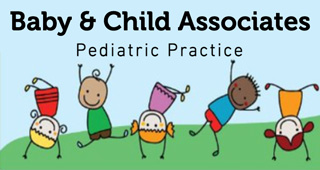Whooping cough, otherwise known as pertussis, is a highly contagious respiratory tract infection. A severe hacking cough sometimes followed by a high-pitched intake of breath that sounds like “whoop” is one way this infection presents.
Symptoms usually resemble the common cold with a runny nose nasal congestion, watery eyes, fever and cough. It can take 7 to 10 days for symptoms to appear after exposure. After a week or two these symptoms worsen. Mucus accumulates in the airways which causes uncontrollable coughing. These coughing attacks can cause vomiting and extreme fatigue. Not everyone will develop the characteristic whoop. Sometimes, a persistent hacking cough is the only sign that an adolescent has whooping cough. Infants may not cough at all and instead they may struggle to breathe, or they may even temporarily stop breathing.
Before the vaccine was developed, whooping cough was considered a childhood disease. Now whooping cough primarily affects children too young to have completed the full course of vaccinations and teenagers and adults whose immunity has faded.
Deaths associated with whooping cough are rare but most commonly occur in infants. That's why it's so important for pregnant women — and other people who will have close contact with an infant — to be vaccinated against whooping cough.
Call your doctor if prolonged coughing spells cause you or your child to:
- Vomit
- Turn red or blue
- Seem to be struggling to breathe or have noticeable pauses in breathing
- Inhale with a whooping sound
